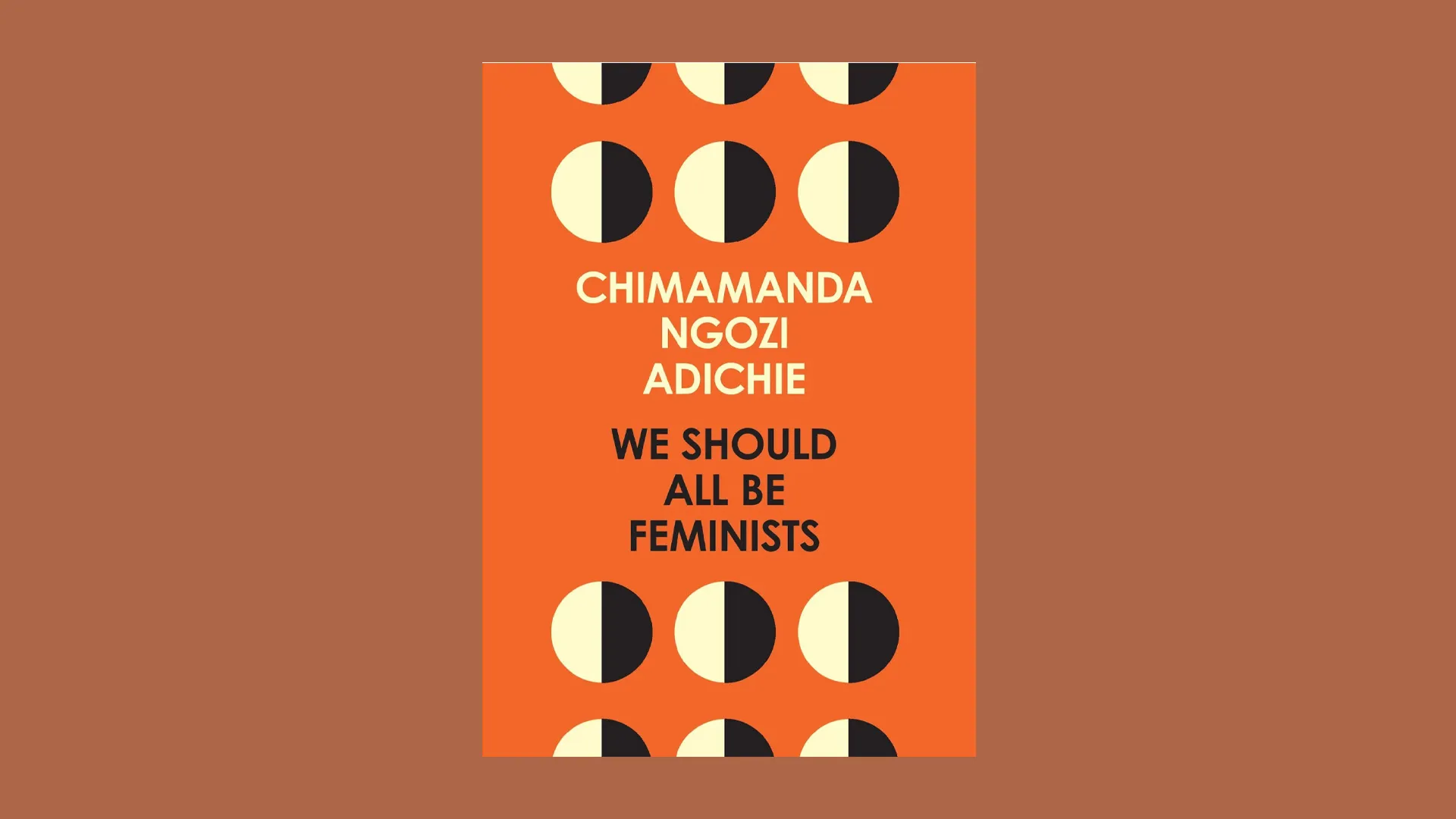This book is nothing ground-breaking, it is very short and a great portion of it is based on personal experience - but it offers interesting perspectives. Adichie tells her personal story of how she slowly identified herself as a Feminist, and how she encountered injustices and inequalities both in Nigeria and the United States between the genders.
What is a Feminist?
Growing up in Nigeria Adichie faced several prejudices against Feminism:
- Feminists are unhappy women who cant find a man to marry
- Feminism is Un-African - associated with influence from western nations
- Feminism means hating men
- Feminism disrupts families and destroys marriages
For the longest time, she would never have described herself as a Feminist. Uncertain what a Feminist by definition is, she had to look it up in a dictionary - “Feminist: a person who believes in the social, political and economic equality of the sexes.”
Gedanken
Angesichts dieser Definition is es erstaunlich, dass es nicht das selbstverständlichste auf der Welt ist, sich als Feminist zu bezeichnen. So ist doch eine derartige Gleichberechtigung in unseren Verfassungen, sowie in den Menschenrechten verankert. Ja man müsste geradezu sagen, wer kein Feminist ist, der ist Verfassungsfeind.
Alle Menschen sind vor dem Gesetz gleich.
Männer und Frauen sind gleichberechtigt. Der Staat fördert die tatsächliche Durchsetzung der Gleichberechtigung von Frauen und Männern und wirkt auf die Beseitigung bestehender Nachteile hin.
Niemand darf wegen seines Geschlechtes, seiner Abstammung, seiner Rasse, seiner Sprache, seiner Heimat und Herkunft, seines Glaubens, seiner religiösen oder politischen Anschauungen benachteiligt oder bevorzugt werden. Niemand darf wegen seiner Behinderung benachteiligt werden.
Grundgesetz für die Bundesrepublik Deutschland, Artikel 3
Die Vertragsstaaten stellen die Frau dem Mann vor dem Gesetz gleich.
Menschenrechte, Artikel 15
Inequalities
She encountered typical and specific inequalities throughout her life:
- Only men should be in positions of leadership.
- Women are often ignored or harassed in public places such as hotels and restaurants, as people assume that they don’t have their own money.
- Attributes that are considered positive for male leaders are criticised when displayed by female leaders. - Women don’t want to seem to aggressive
- Women are teached to be liked by men
What struck me - with her and with many other female American friends I have - is how invested they are in being
liked.
On the contrary, however, she observed that the way men are brought up is also far from ideal:
- Men are teached to be hard
- Masculinity is linked to money - men have the pressure of proving their masculinity by material means
By far the worst thing we do to males is make them feel that they have to be hard and that we leave them with very fragile egos. The harder a man feels compelled to be, the weaker his ego is. And then we do a much greater disservice to girls, because we raise them to cater to the fragile egos of males.
Conclusions
- As nations developed, our physical differences became less and less important, but our ideas about gender did not develop accordingly
- Why should a woman’s success be a threat to a man?
- This world would benefit if all people live up to their potential
The higher you go, the fewer women are there
Wangari Maathai, Nobel Peace Prize Winner
Gender as it functions today is a grave injustice. I am angry. We should all be angry. Anger has a long history of bringing about positive change. But I am also hopeful, because I believe deeply in the ability of human being to remake themselves for the better.
Chimamanda Ngozi Adichie
